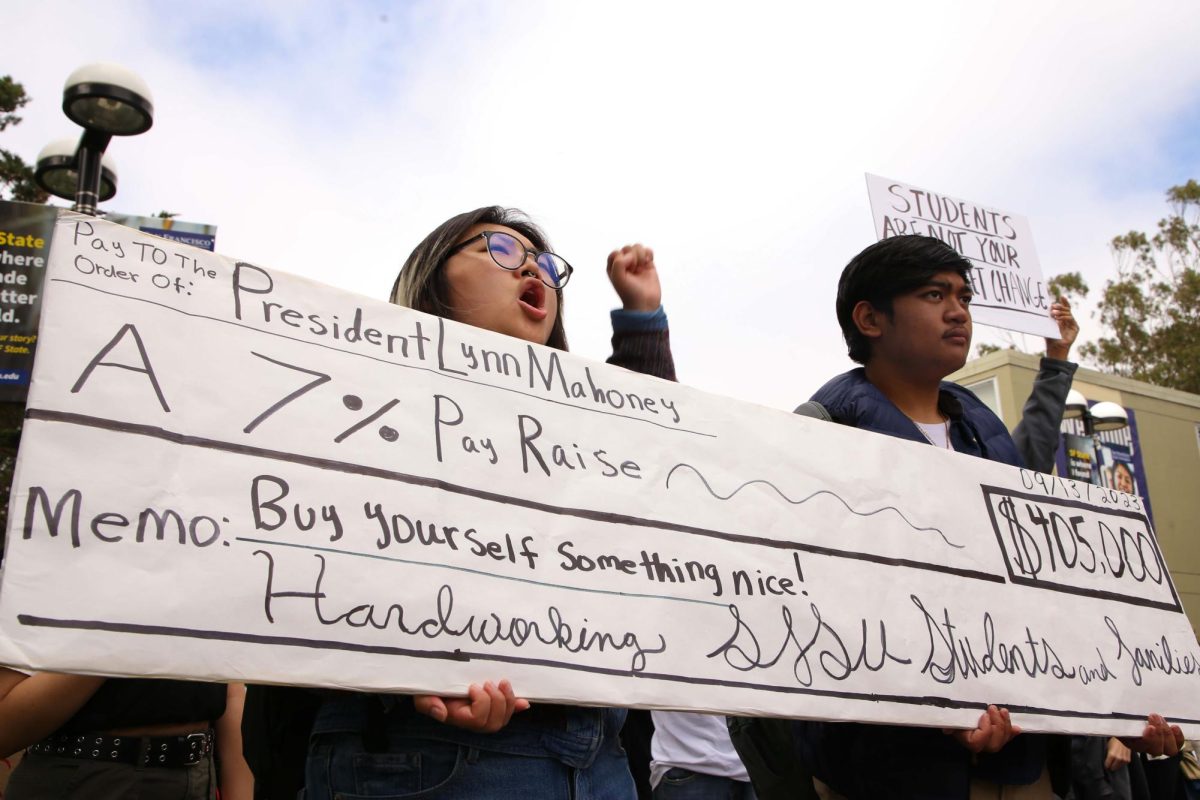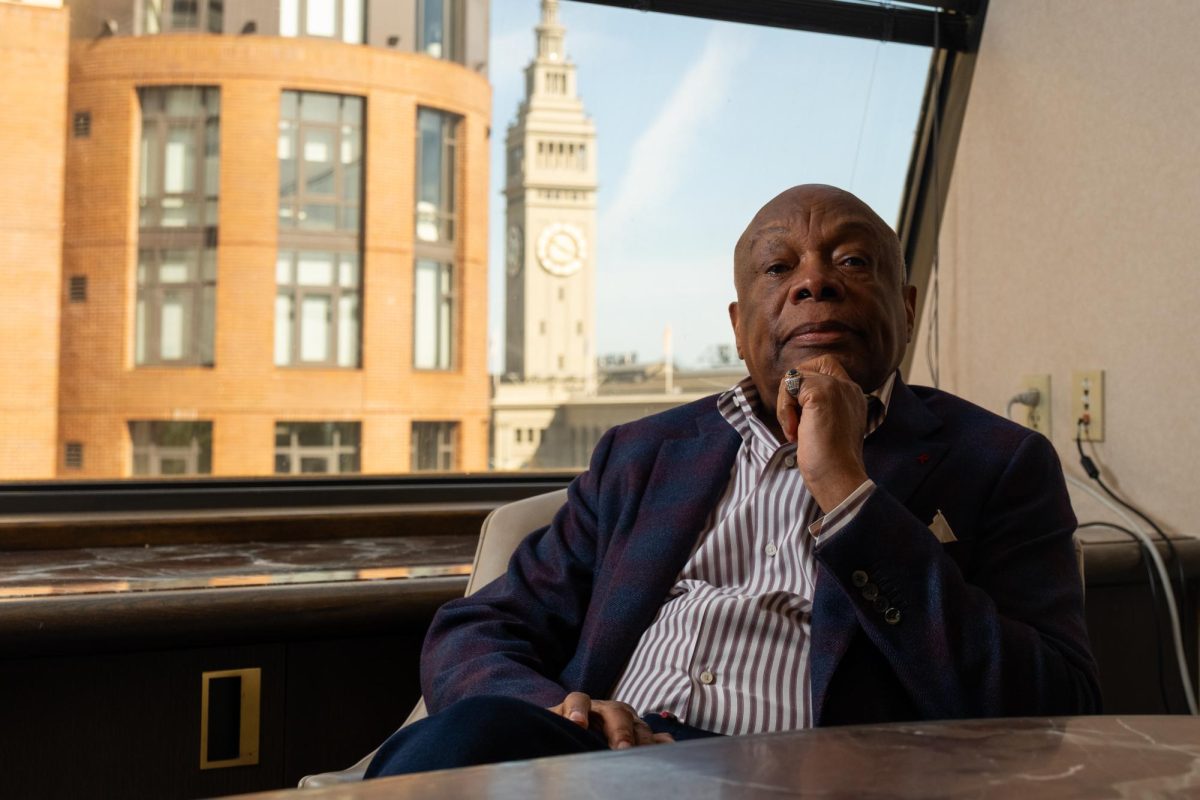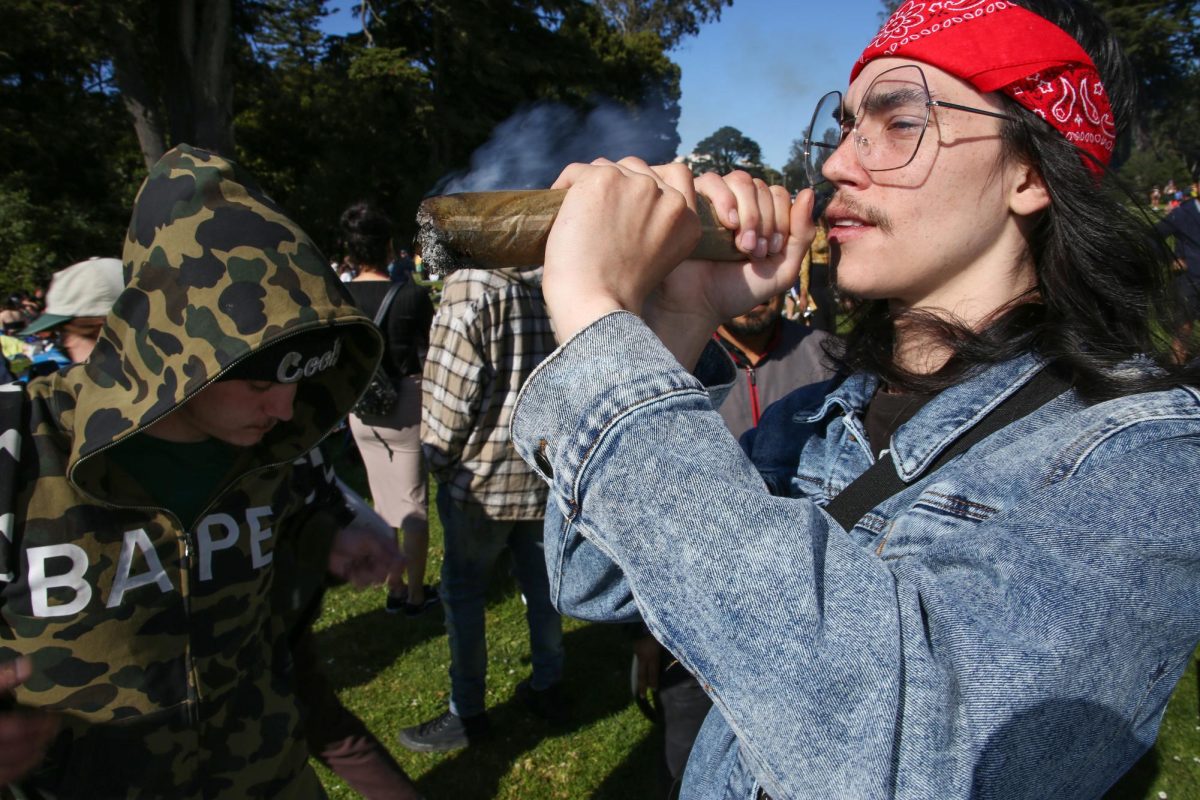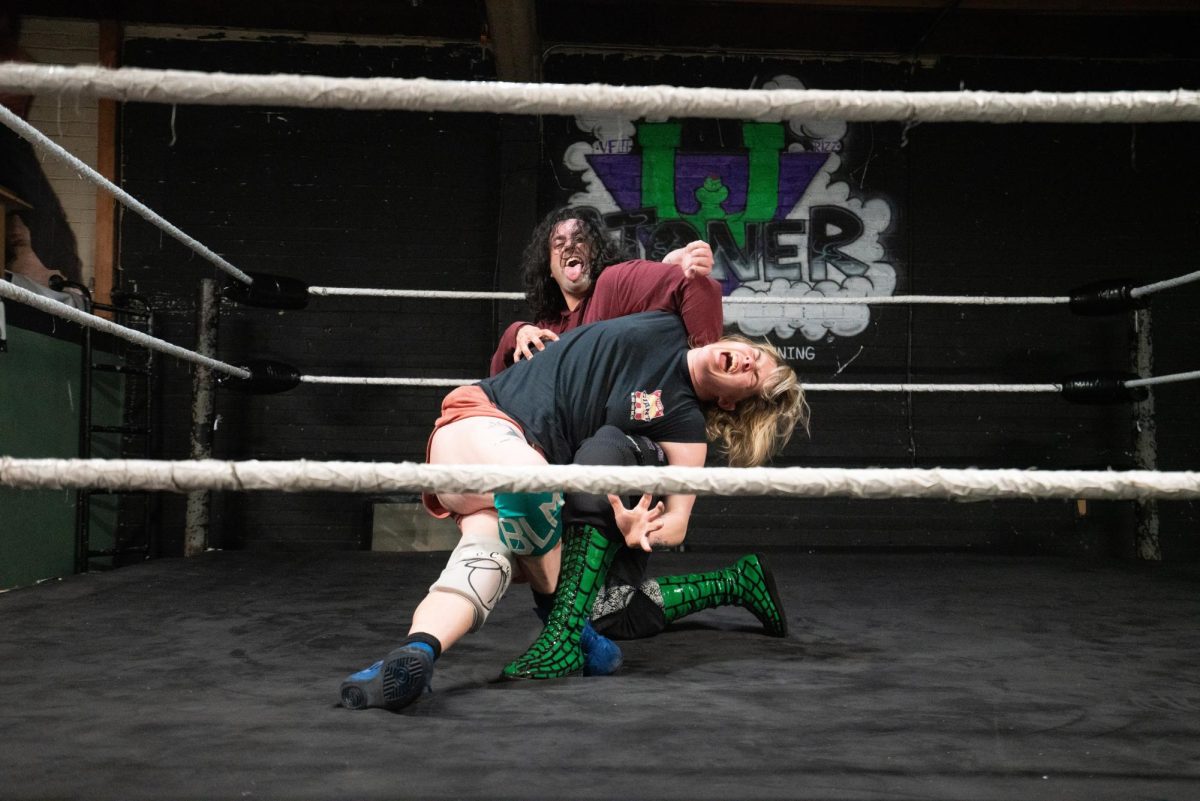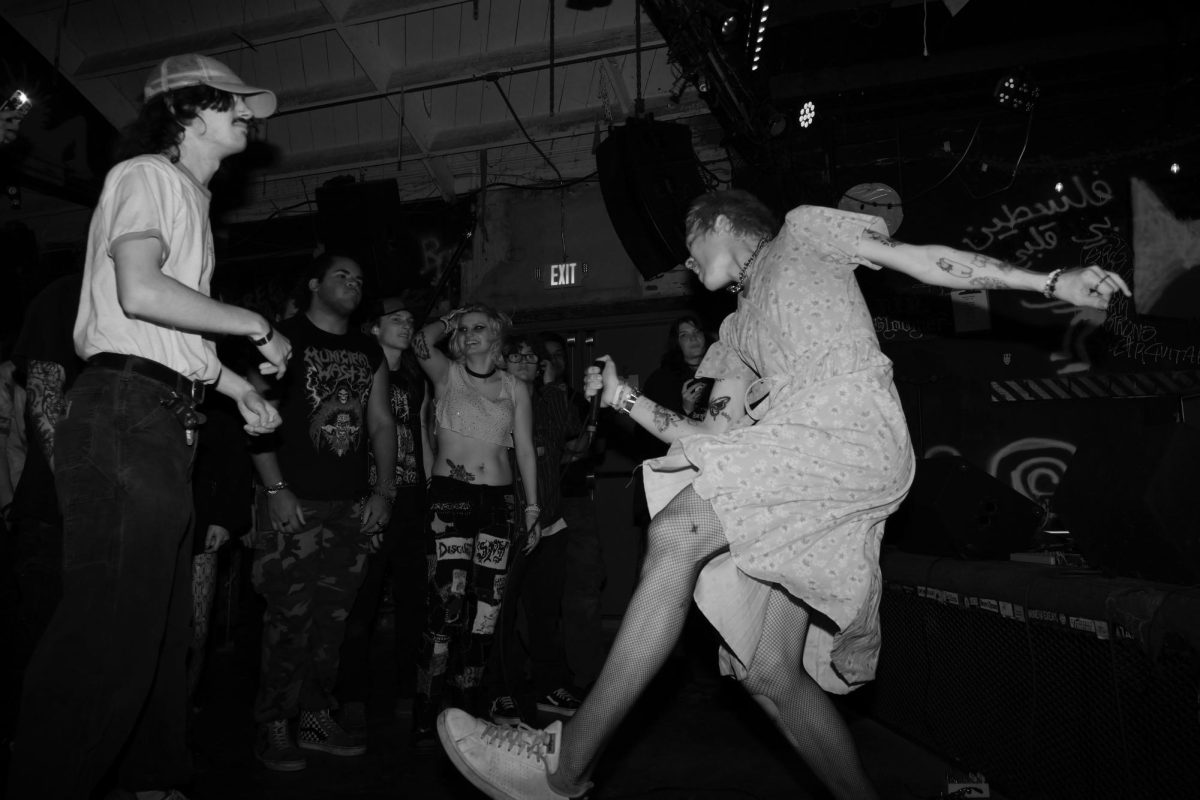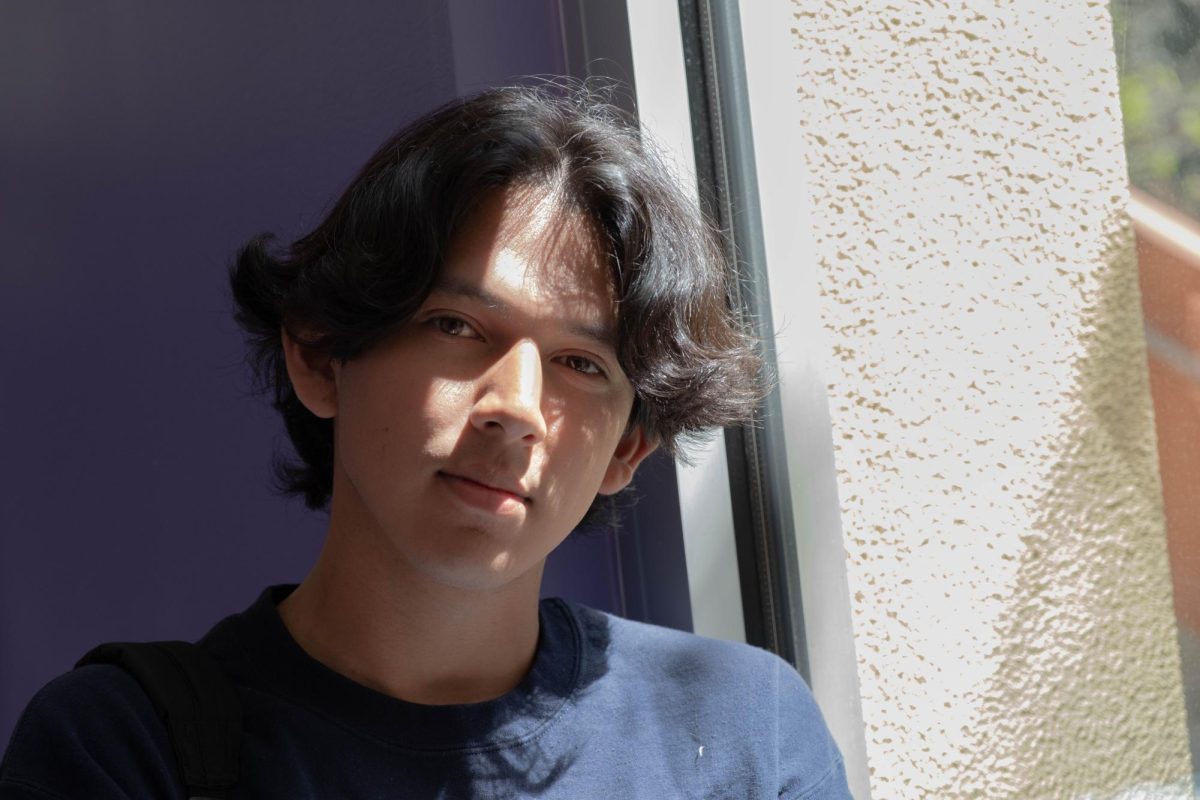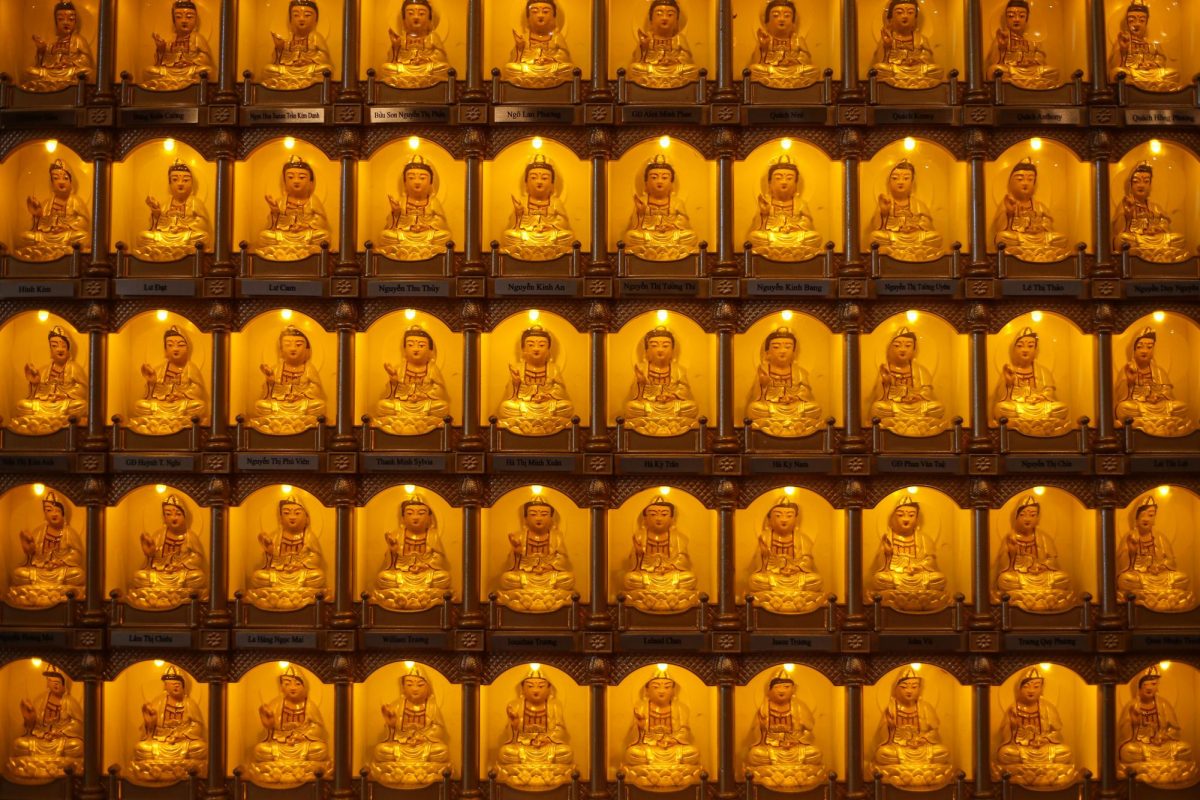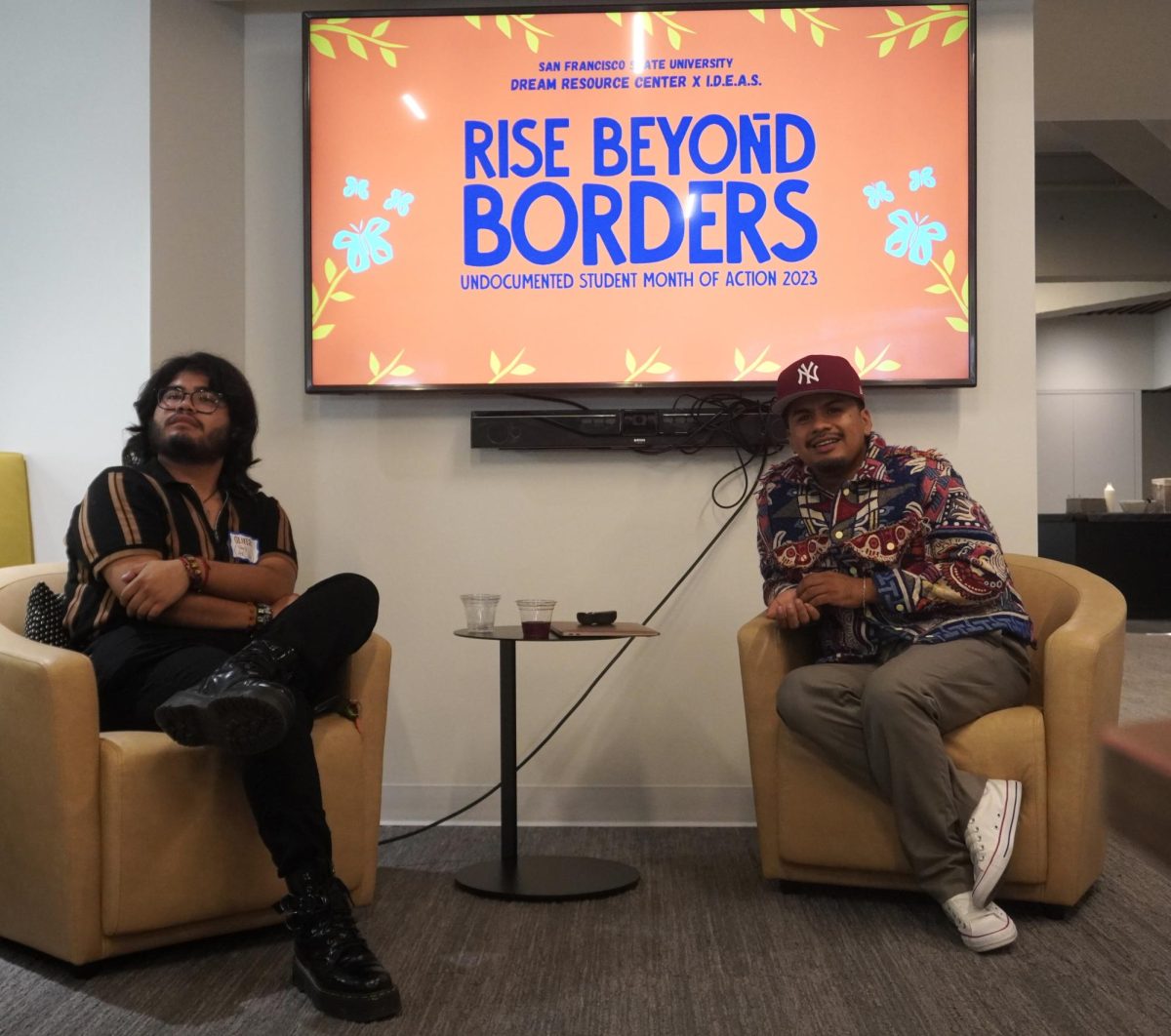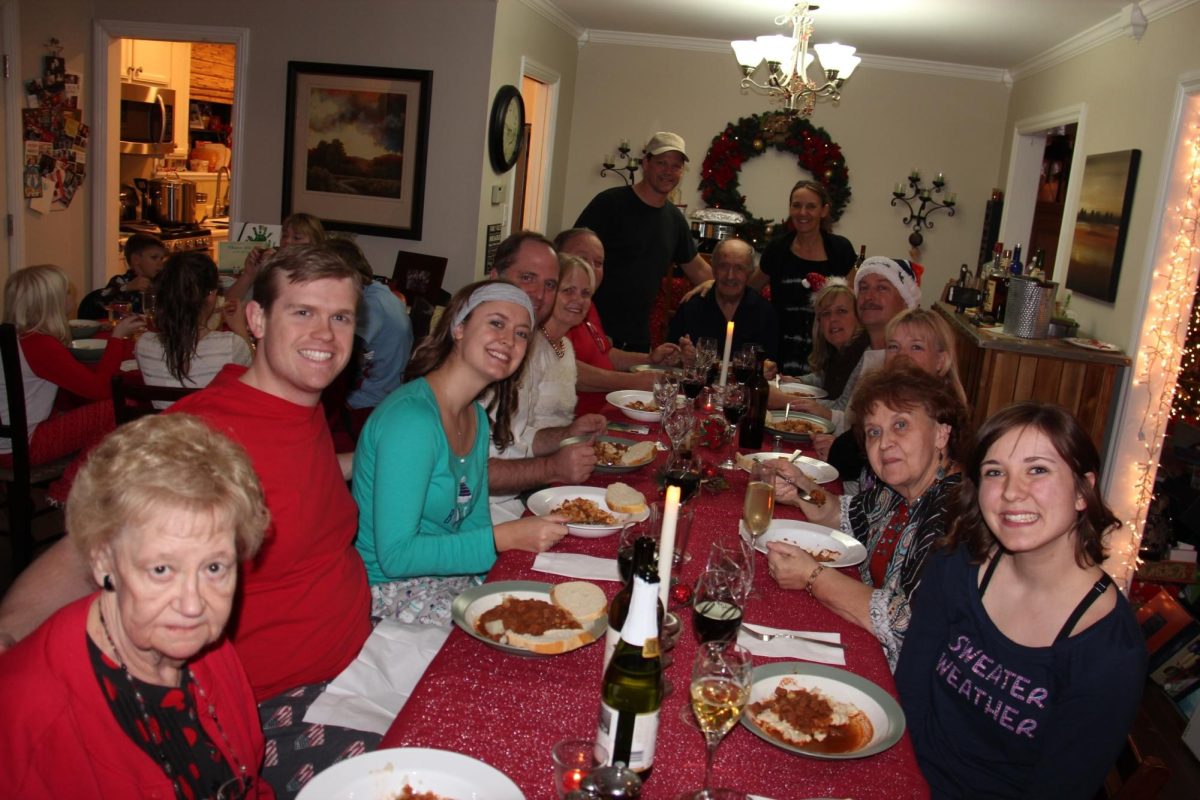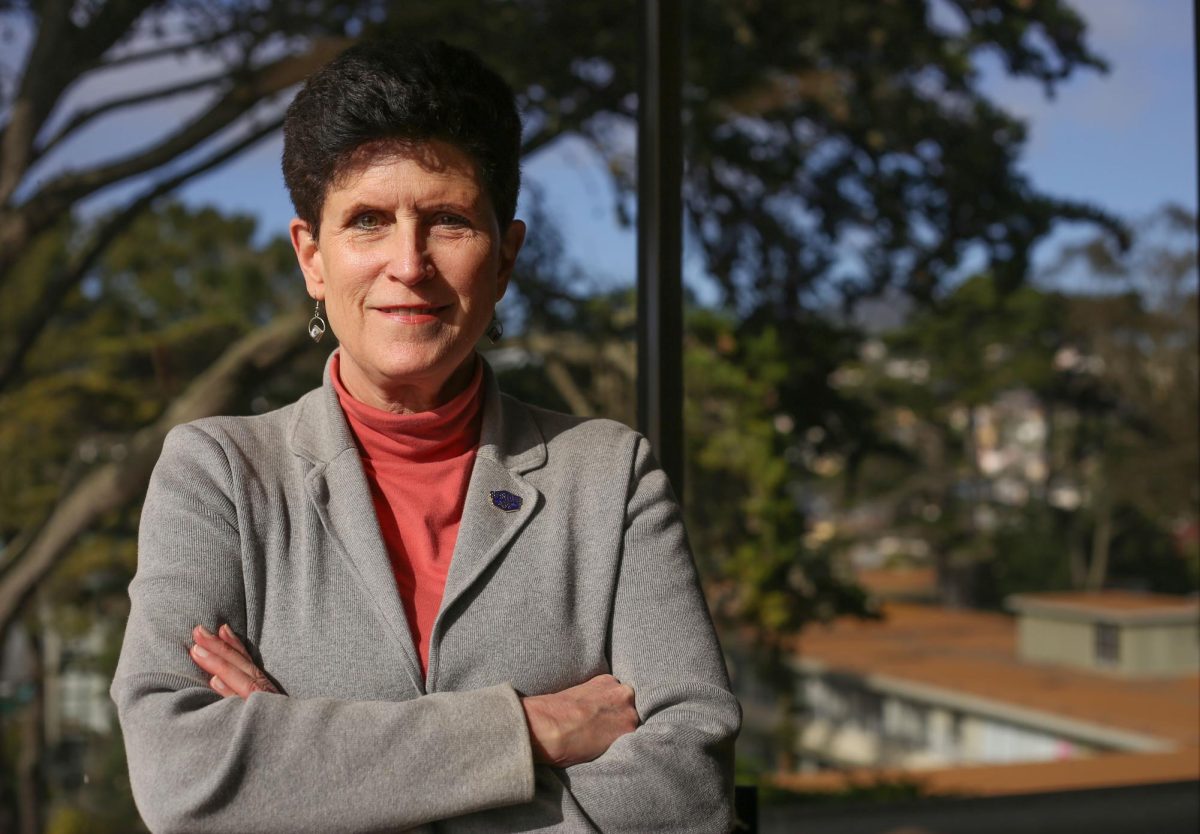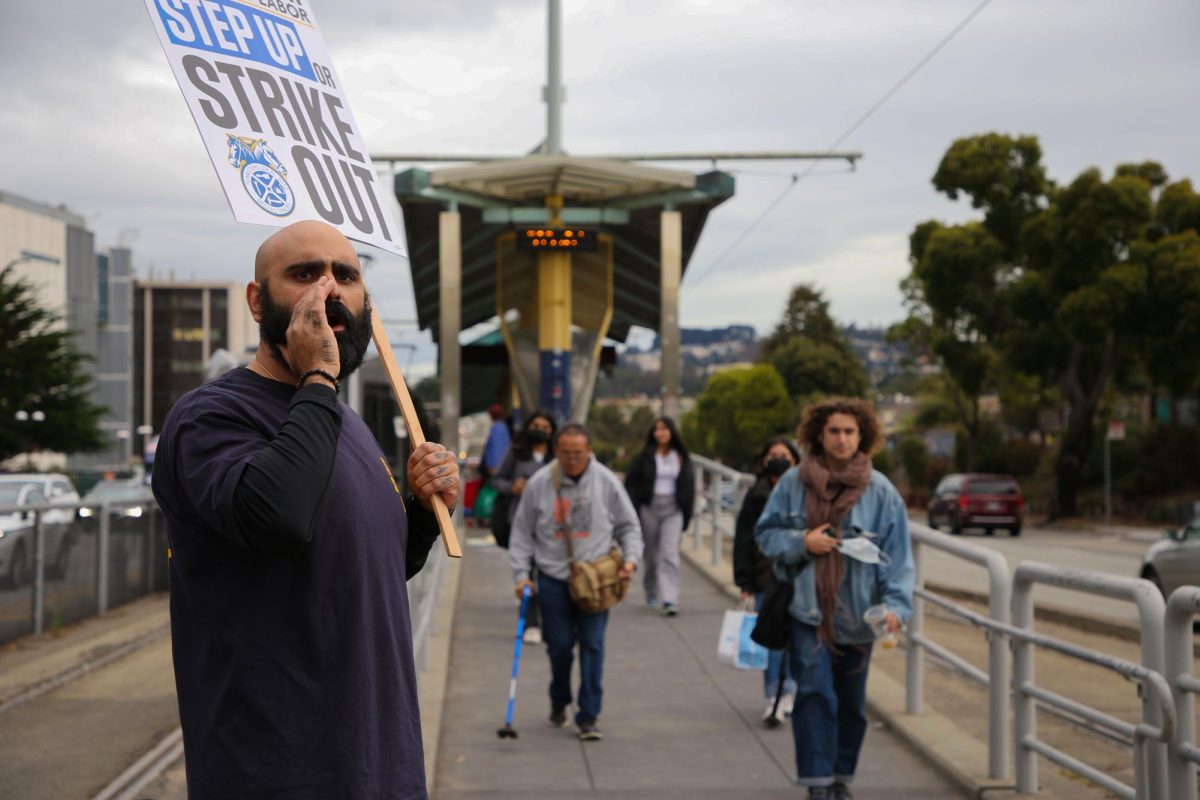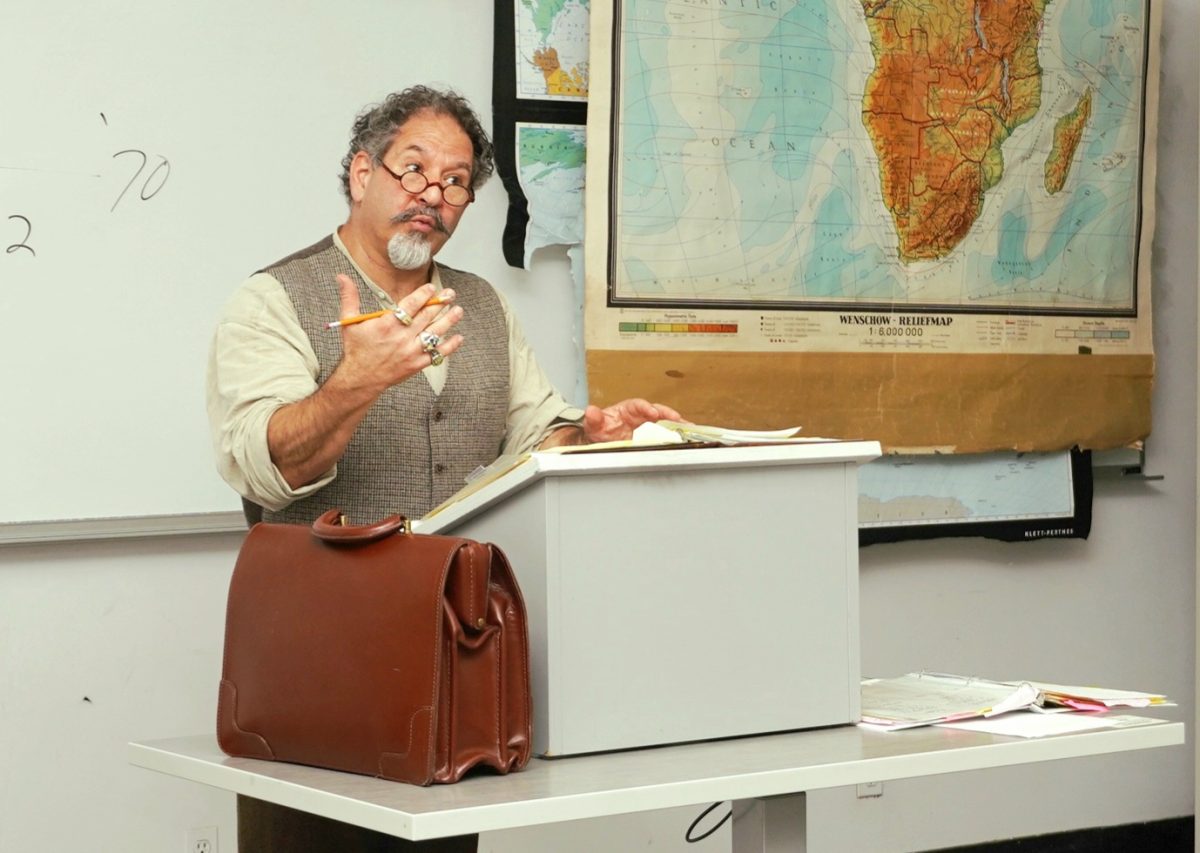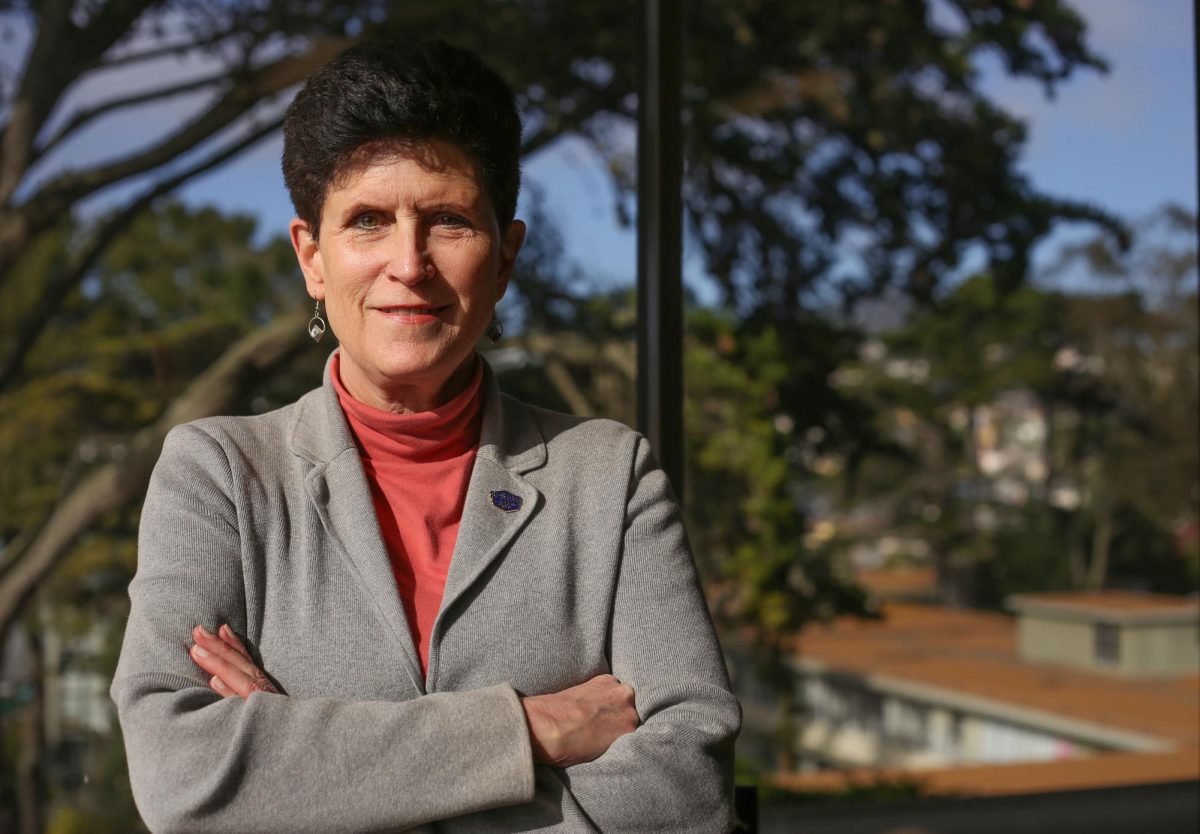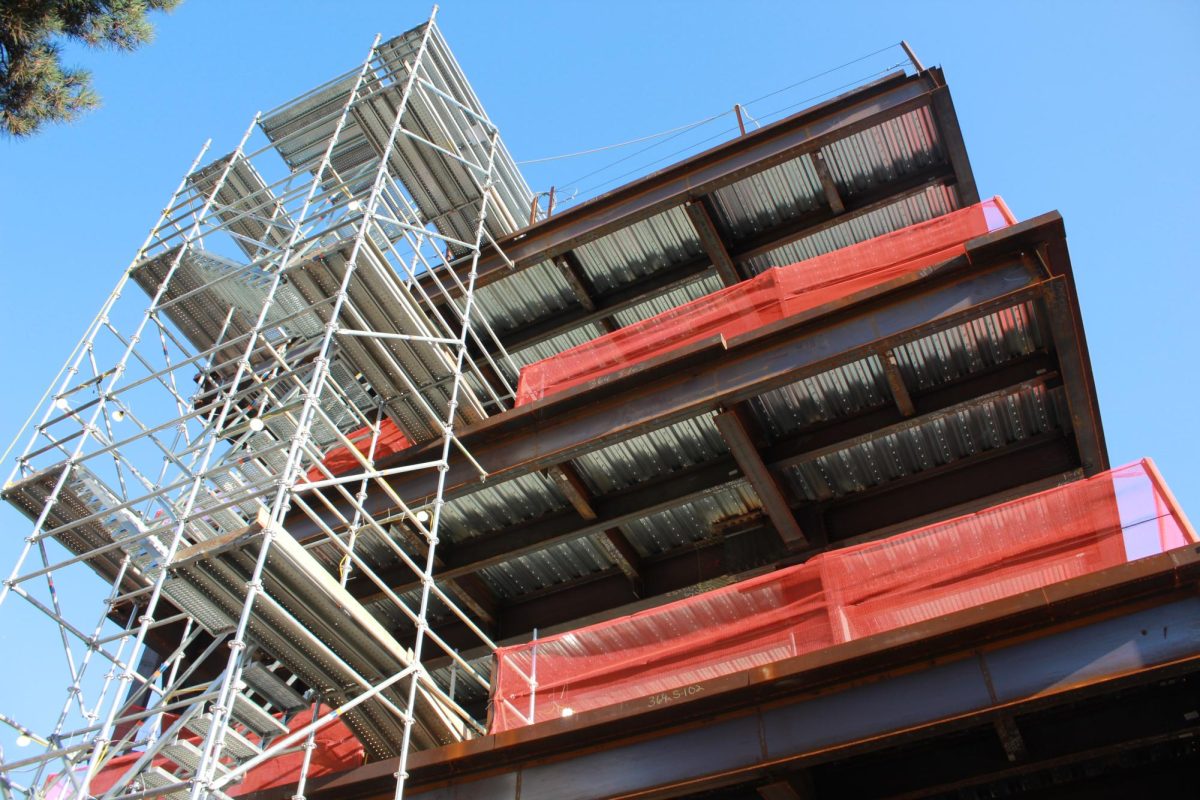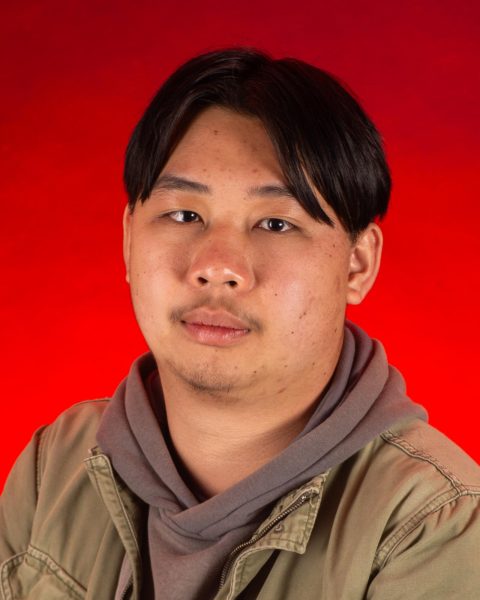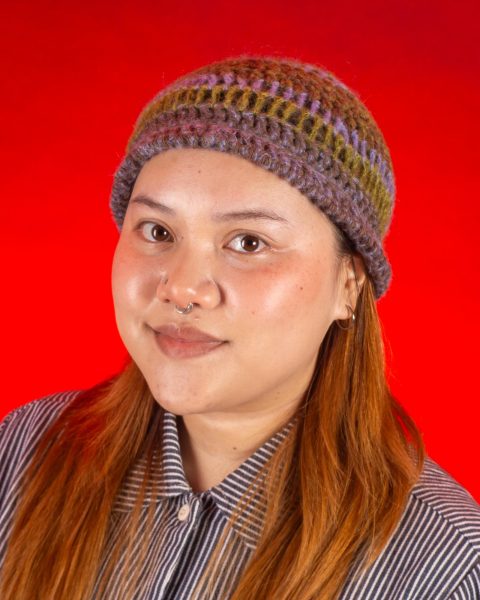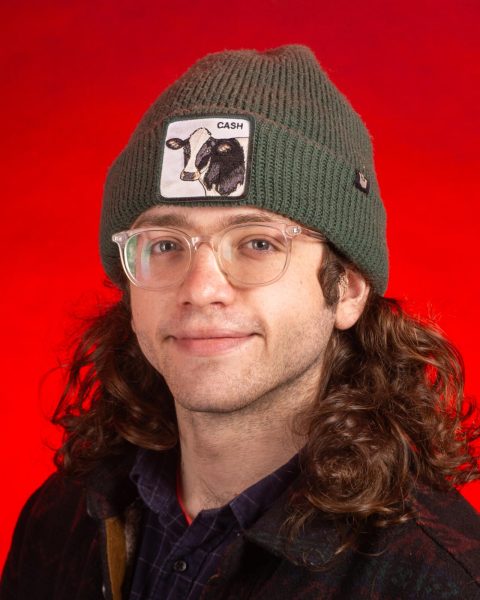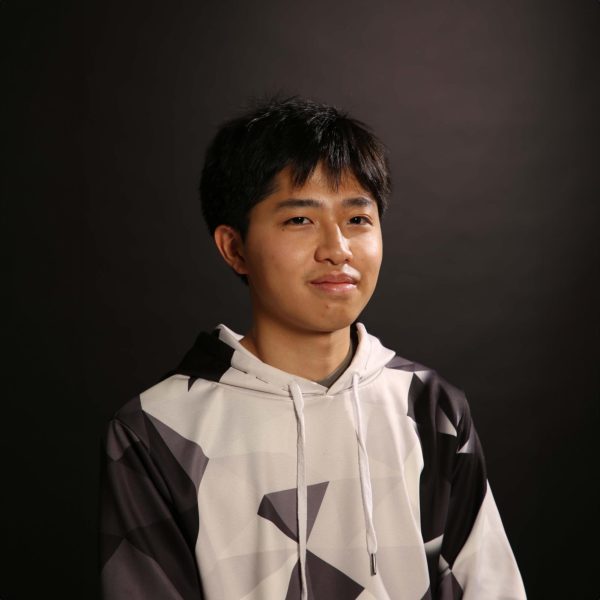Social change and activism thrive on many college campuses nationwide, challenging the status quo and igniting movements that extend far beyond campus borders. The past achievements of activism on college campuses is a testament that speaks to the power of young voices in shaping the future. That could be said for so many points in SF State’s history, whether it be the 1968 Third World Liberation Front strike or the recent Gaza solidarity encampment One such occasion was when Larry Salomon and his friends, who had been exiled from South Africa because of racial segregation, invited Chris Hani, head of the South African Communist Party and the African National Congress’s paramilitary wing, to campus as a speaker.
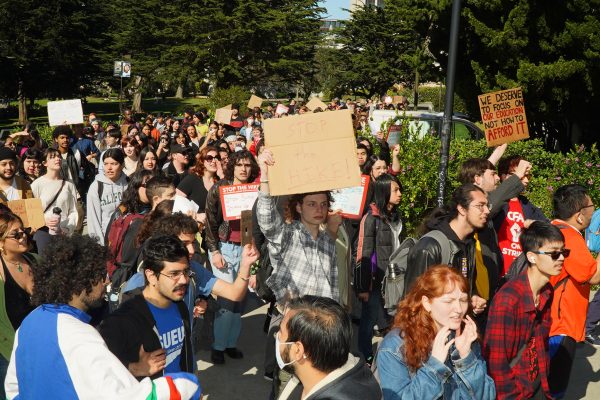
“It was really one of those moments where you’re like, ‘Man, I’m part of something here,’ right?” said Salomon. “You saw yourself as not just an individual who can write a letter to Congress or write a paper about something or learn on your own and feel like you’re educated, but you had this connection to organizations that were actually trying to transform this stuff, to overcome it, to defeat it.”
Now a senior lecturer in the Race and Resistance Studies department, Salomon has noticed many trends and changes in campus activism. He described its current form as “quieter” and “apolitical.”
“That doesn’t mean that stuff’s not going on—it just means it’s not so visible on campus,” said Salomon.
So what does activism at SF State look like nowadays? Amidst so many societal factors and changes—the emergence of new identities and old wounds—what might it look like in the coming years?
DeMorié Okoro, a fifth-year student majoring in philosophy with an emphasis in law, is spearheading an effort to start a political committee within Haüs BlàQue, a Black, queer and transgender club at SF State. Okoro currently acts as a chairperson on the board of Haüs BlàQue. For them, starting the club was a matter of carving out a space dedicated to acknowledging the ways Black, queer and trans identities intersect.
“We still very much interact with [the Black Student Union] and [the] Black Unity Center; they come to our events, too, and it’s a beautiful thing,” said Okoro. “But to have our own space really feels a lot more uplifting.”
Haüs BlàQue is one of the three queer-ethnic student organizations that started last semester, with the other two being the Asian and Pacific Islander Queer and Trans Club and the Latinx Queer Club. Although Haüs BlàQue is the first of the three to have a political committee, each club is political in its own right.
“For me, at least, an apolitical safe space isn’t a very safe space because of just how intertwined everything is,” said Amatullah Zapanta-Mir, a first-year Race and Resistance Studies student and founder of the APIQT Club. “It’s like what people say: it’s not political, it’s just human rights.”
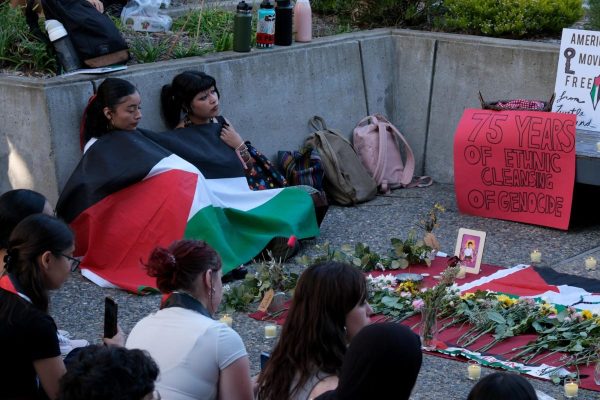
With the Students for Gaza encampment on the Quad, which started April 27, activism on campus is becoming more political. There will only be more presentations of activism to come as the world continues to see the need to take a stand, especially with the November general election bookending next semester.
“I know a lot of people will be starting new classes next semester, and they might meet new people and make new friends,” said Amey, a graduating cinema major and media liaison for Students of Gaza. “This is a place for people to learn, so it’s okay if you don’t know anything or if you don’t know a whole lot, but you’re sympathetic. Just ask people that are here and attend the teach-ins—you’ll learn a lot.”
In terms of the future of SF State’s activism, Okoro and Zapanta-Mir think there are enough people to keep things going, but they also recognize the need for more collective action.
“Last semester, I was really heavy on doing what I can to help on my own, but now I’m like, ‘I have to remember that community work is for the community to do,’ ” said Okoro. “I hope with me and other student organizers encouraging the younger generation to continue to be aware and advocate for themselves, it continues to uplift and improve and sustain. I have a good feeling about it.”
While Okoro’s and Zapanta-Mir’s clubs reflect an increase in the number of Americans who identify as LGBTQ+—21% of whom happen to be Gen Z, according to a Gallup poll—groups like the Black Student Union and the General Union of Palestine Students have been advocating on campus for over 20 years. But with new times comes new opportunities for equity, which is what the recently founded Southeast Asian Student Association hopes to provide.
“Within the Asian diaspora, Southeast Asians often go overlooked, and within our own community, certain ethnicities such as the Hmong and [Iu Mien] people still go unrecognized,” said first-year SEASA president Jennifer Belisario. “In the future, we hope that SEASA becomes a stepping stone toward better Southeast Asian representation in higher education and fighting the model minority myth to ensure that Southeast Asian students’ needs are met.”



